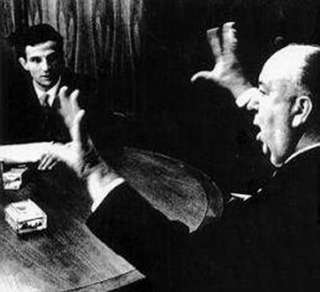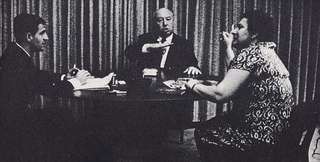Re: movie stars and art
I might tend to agree with you, Chris, about Dennis Hopper and art with the exception of Jennifer Jones (AA winning actrees who passed away in December). Jones married Norton Simon in 1971 and retired from cinema in 1974 (after she made "The Towering Inferno"). She influenced the formation of Simon's permanent collection in Pasedena at what became the Norton Simon Museum, one of the finest art museums and galleries on the West Coast. She and Simon continued to purchse art works together for many years and she remained on the Board of Trustees until her death in 2009.
http://www.nortonsimon.org/
Thanks for the links on Hitch and Truffaut... but good god! It will take me forever to watch them!
Last edited by cinemabon; 06-12-2010 at 02:44 PM.
Colige suspectos semper habitos
......................






 Reply With Quote
Reply With Quote
Bookmarks